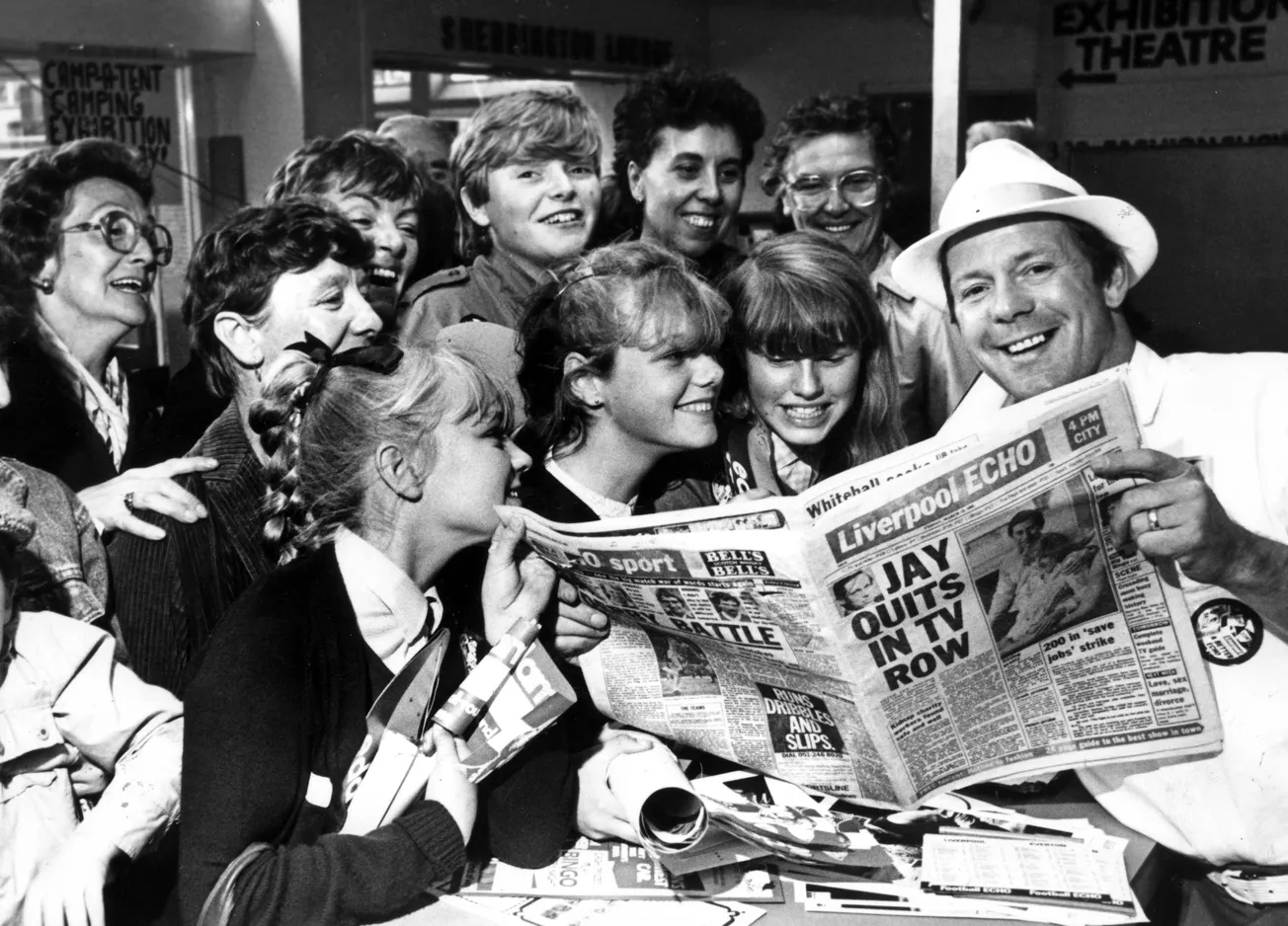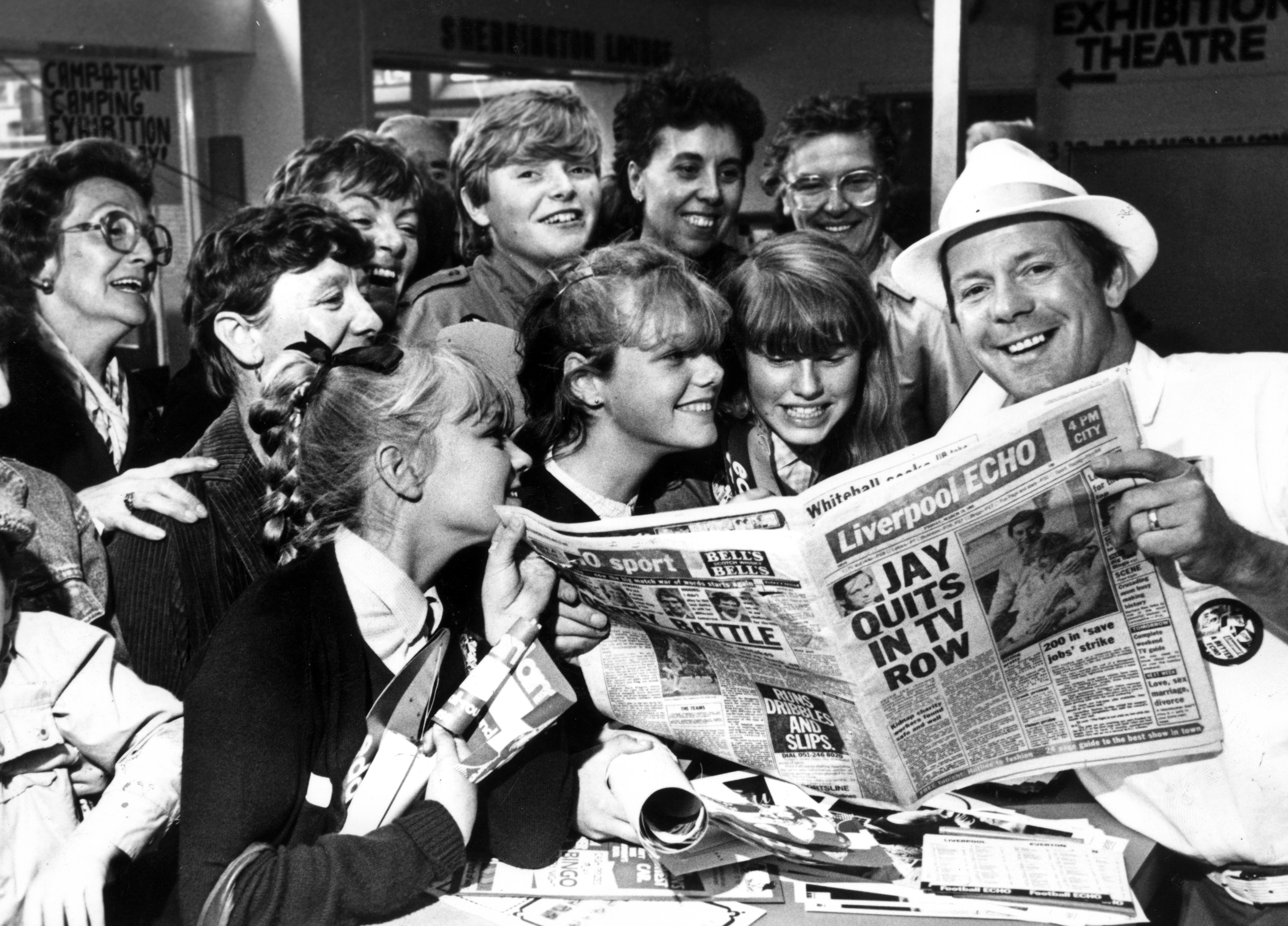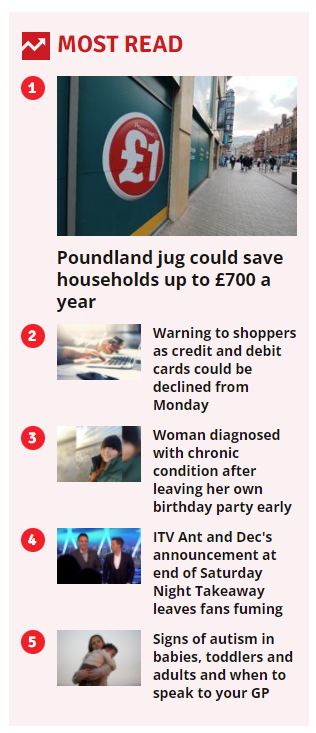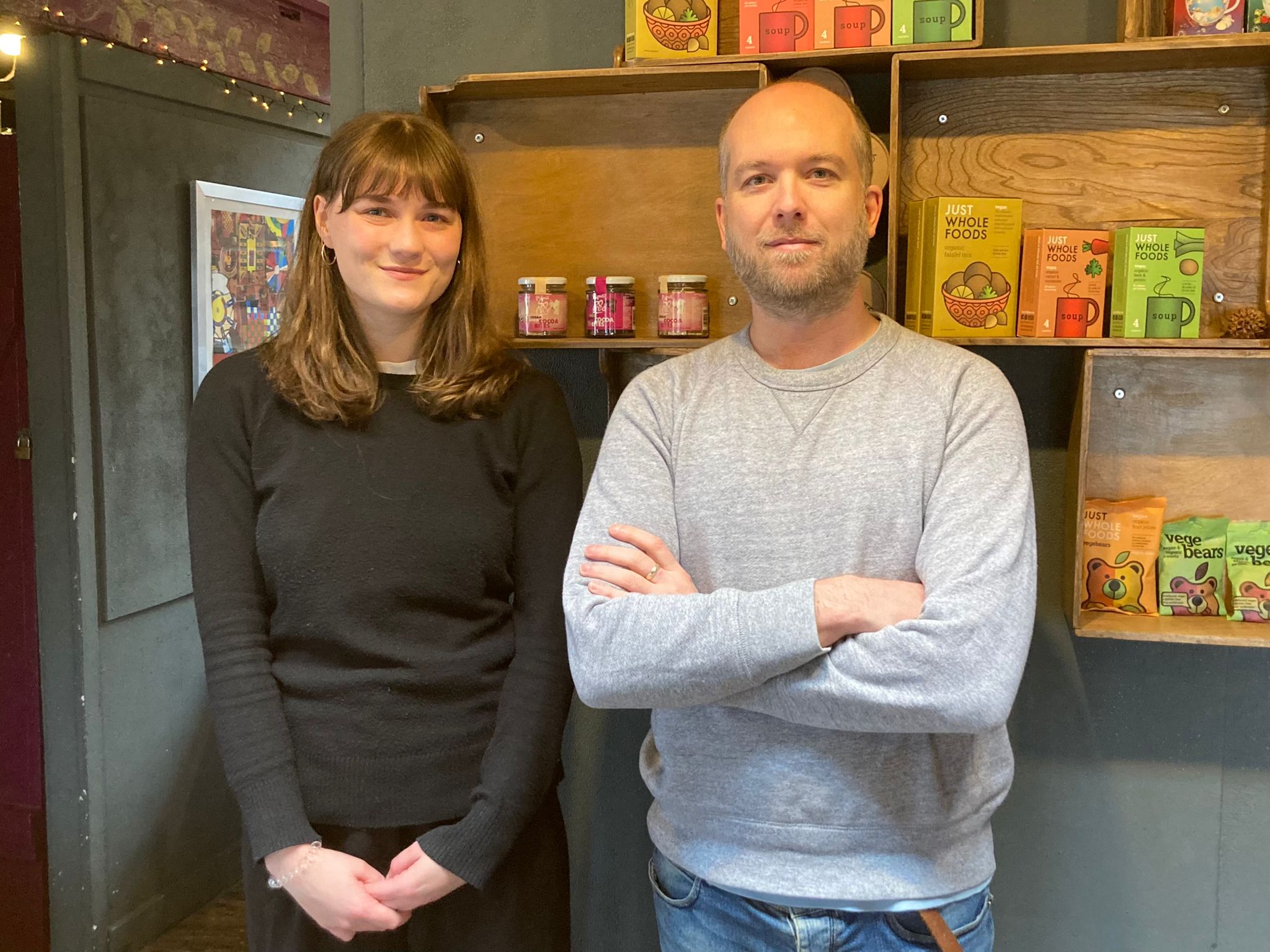Bored of publishing clickbait, the Liverpool Echo moves to crush its competition

An editor's note about this city's monopoly newspaper and its owner Reach Plc
What is The Post?
We are a new media organisation that sends intelligent, well-researched stories about Liverpool and the wider city region straight to your email inbox. You don’t need to click any links to read our stories, and they are not covered in ads. Just hit the button below to join our free mailing list, or if you would like to support our work and help us grow, subscribe to become a member for just £1.25 a week.
“I’m a great believer in your mission,” a Post reader recently told us when we met in his home near Sefton Park. “And I hope you’ll be able to sustain yourselves.” He poured us black coffee, told us about Liverpool theatre productions he has been involved in over the years and recommended people we should speak to for future articles.
Journalists used to spend a lot of their time talking to readers and understanding their lives, but as newsrooms have been shrinking and closing, these interactions have become rare. Ever since we started The Post, we’ve been trying to return to a kind of journalism that involves visiting people, understanding the nuances of an issue and taking the time to produce a piece of work that offers you – our readers – a proper insight.

That approach has received a warm welcome, which is why there are now more than 5,000 of you on our mailing list and why our reporting — like our exclusive about the harassment of local school teachers organised via Telegram — has already been picked up by national newspapers like the Guardian. But it hasn’t been welcomed by one set of people: the management of the Liverpool Echo and their giant holding company in London, Reach Plc — a stock market-listed firm that owns dozens of titles including the Daily Express, the Daily Star and the Manchester Evening News.
In recent days, the industry publication Press Gazette has reported that Reach Plc has received a grant from Google to form a 12-strong team to “take on” The Post and our sister publication in Manchester, The Mill. After reading the story, Vincent Moss, the Daily Mirror’s former political editor, observed on Twitter that Reach is “More focussed on trying to crush competition from Indy media than proper journalism”.
And if there was any doubt at all that this is a move to try to squash us, the Echo has called its new newsletter… The Liverpool Daily Post.
Staff members at the Echo have told us they feel embarrassed about what their bosses have chosen to do. They can see it’s a bad look: a huge company that has operated a monopoly in Liverpool for decades wants to get rid of a tiny competitor just because we are doing the kind of journalism that the Echo should have been doing in the first place.
Reach Plc, which is run by the former chief executive of Ladbrokes, has a well-known business strategy that involves asking (often very talented) young journalists to churn out stories that take minutes to write so that they can reach as many eyeballs across the country as possible. Many of these stories are based on press releases or comments Primark shoppers have made on Instagram, and some Reach writers have to cough up more than 10 such articles a day.

And it’s about to get worse. This week it was reported that Reach staff “will be expected to generate increases of up to 70% in online page views on their stories by the end of 2022 under new targets being set by their publisher”. The “consequences” for not hitting these goals will “depend on the individual circumstances” and the internal document says general reporters on the Echo will be expected to bring in 850,000 page views per month. One journalist described the scheme as “absolutely disgraceful” and “Clickbait-encouraging madness that will stifle proper, public and human interest journalism and ultimately harm local democracy”.
When the Echo does publish an important piece of journalism, it is rendered almost unreadable by being covered in Reach Plc’s signature dressing of obtrusive pop-ups and hideous ads. But the most infuriating thing is that so many of the stories on the website are plainly not written to inform a local audience — they are specifically designed to appear high up on Google searches and spread virally on Facebook, no matter where the readers come from. It’s why at the time of writing, these were some of the stories on the Echo’s main homepage:
“Who is presenting this year's Crufts?”
“ITV This Morning's Phillip Schofield returns to work after 'security alert' prompts evacuation”
“Chloe Ferry shows off new look after having lip fillers dissolved”
“Rebel Wilson floors This Morning fans as she 'looks amazing' after weight loss”
It’s no wonder the managers at the Echo and their bosses at Reach Plc feel threatened by a new publication that shows that readers don’t have to put up with misleading “clickbait” headlines, crushingly inane stories about minor TV controversies and endless grim crime reports that portray this region as one extended gangland shootout. They presumably know they have abdicated their role in the city, and every time someone shares a story from The Post or another independent media outlet, they get an unwelcome reminder of it. Or maybe we've got this all wrong and readers in Liverpool do share an almost limitless interest in the life of Kate Garraway.
We chose the name The Post because we felt it was appropriate for our mission: returning to the kind of reporting that people used to get from the Daily Post, which was for many years the quality local paper on Merseyside. Now Reach has chosen it for their new Echo newsletter in order to wipe us off the map, so that they can resume their monopoly — the state of affairs that has driven down standards for the past ten years. A company known for copy and pasting articles across all its websites, so that everyone can read about the “furious dad” who got covered in Coke in a McDonald's drive-through, has demonstrated its startling originality once again.
We're flattered of course. And as expected, the Echo’s knock-off version of what we’re doing is really nothing like what we’re doing. But clearly having an enormous company like Reach “taking us on” is a threat. We are a tiny team, operating on a shoestring budget, and most of our contributors are still part-time or freelance. We don’t have millions of dollars of funding from Google and we don’t have thousands of investors on the London Stock Exchange. Our articles are reported on-the-ground, written and edited from our bedrooms (or sometimes the Egg Cafe in L1) and all our funding comes from you, our readers.

If you find the idea of Liverpool’s media back in the sole hands of the Echo a bleak prospect then we ask you to support us. You’ll join a community of members who receive our reporting four times a week, and it only costs £7 a month or, if you pay for a year up-front, just £1.25 a week. You will be one of the early patrons of a new kind of local journalism, funded by readers — helping us to reach financial sustainability and avoid the fate of so many great independent media ventures in Liverpool over the years. As one of our first members said, joining The Post is an investment both in quality media and an investment in the city itself.
Plus, you’ll be showing a massive company that it can’t bully a tiny startup out of existence.
If you’re new to The Post, you can join our free mailing list to get good writing and thoughtful journalism about the Liverpool City Region in your inbox every week. Just select the “free” option. Or if you want to support us, join as a paying member.
What is The Post?
We are a new media organisation that sends intelligent, well-researched stories about Liverpool and the wider city region straight to your email inbox. You don’t need to click any links to read our stories, and they are not covered in ads. Just hit the button below to join our free mailing list, or if you would like to support our work and help us grow, subscribe to become a member for just £1.25 a week.

Comments
Latest
The ‘charisma bypass’: Why Liverpool’s leaders are so forgettable
The Mersey’s clean-up cost £8 billion. So why is it still so dirty?
Between Labour, Reform and Jeremy Corbyn, what does Liverpool’s electoral future look like?
Pete Burns wasn’t nice, kind, or fair. But he was unforgettable
Bored of publishing clickbait, the Liverpool Echo moves to crush its competition
An editor's note about this city's monopoly newspaper and its owner Reach Plc